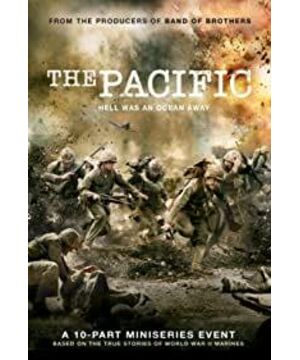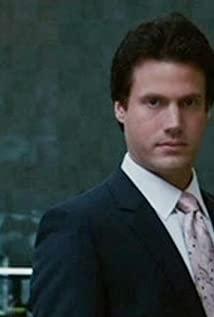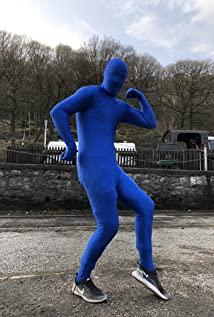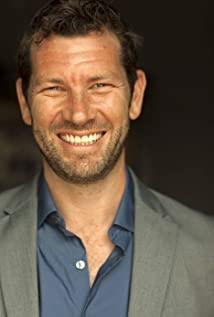The hero of China is also a living person, but living is a bit awkward, love is love, and it has to be involved in the revolutionary cause. In the eyes of ordinary people, such a hero is first and foremost a revolutionary pacesetter, a representative of something different from everyday life. Unlike us, the subconscious will think that we are two types of people. It is actually difficult to feel great about their deeds, or it is not the inner emotion that is inspired, but the factors accumulated under the daily ideological education.
American heroes are usually not perfect and make a lot of mistakes, real mistakes, but through the human point of view and the interpretation of the plot of the film, people will understand this behavior. However, people don't think he's doing the right thing.
China's current heroes also make mistakes, which in itself is a kind of progress. But such mistakes are often plausible ones, such as undisciplined and heroic strikes. This kind of error does not involve more right and wrong, but a refusal to abide by the inherent rules. Under the rendering of a specific plot, it is a correct behavior. This type of error is essentially correct, just a procedural violation. Such errant heroes are often more honorable and righteous.
One from the point of view of understanding, one from the point of defense, the depth and effect are significantly different. This may be the influence of the social and cultural habits behind the artwork.
American heroes often have many regrettable actions, such as Basilone. His return to the battlefield can be understood by most Chinese, or taken for granted, but the ending of his sacrifice is not what most Chinese expected. In the eyes of the Chinese people, the hero should finally be a good harvest in career and love, not such a tragic ending. For example, Li Yunlong, although he experienced setbacks, was able to die well. If the Chinese film really has such an ending, I am afraid it will bear the brand of pessimism and dispel the enthusiasm for socialist construction.
The protagonists of American films are actually very diverse. In contrast, the protagonists of similar Chinese films are very single, and other more prominent characters are basically foils. The United States is more about shaping the hero of the group, the heroic performance of a nation or a group in the face of crisis. Chinese heroes are more likely to fight alone. Even if the people show their faces, they are just helpless victims. In fact, Chinese heroes are the real heroes, and American heroes are the interpretation of the society's reaction and behavior.
From the point of view of shooting, I also think that Chinese films are too petty, and the scenes are not as grand as N one of the American ones. How to deal with the huge historical narrative background and the experience of specific individuals is not only the director, but also the maturity of a specific artistic expression. In this regard, China's soft power is too far behind.
Whenever we talk about our soft power, we always like to talk about the long history and culture, or the recent Chinese model. In fact, what kind of thing do we really have confidence in? How much we have learned about China's historical classics and culture, and how deep is the precipitation of China's social official management culture, I am really ashamed. The Chinese model, we have achieved great success, but at what cost? No one wants to mention it, so we also have self-knowledge and refuse to talk about the Chinese model. Because once the concept was put forward, the possible scope and results of the study embarrassed us.
View more about The Pacific reviews











